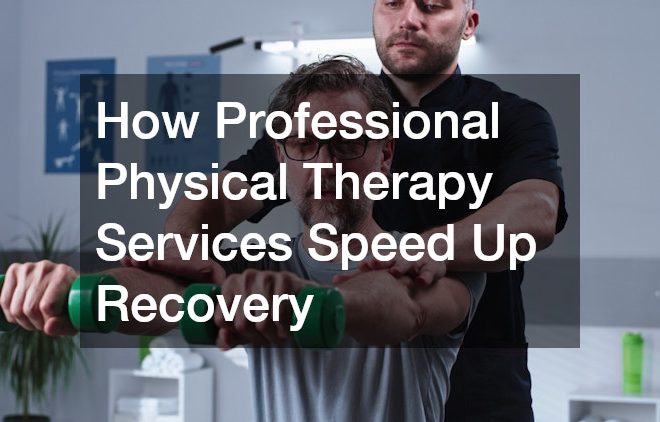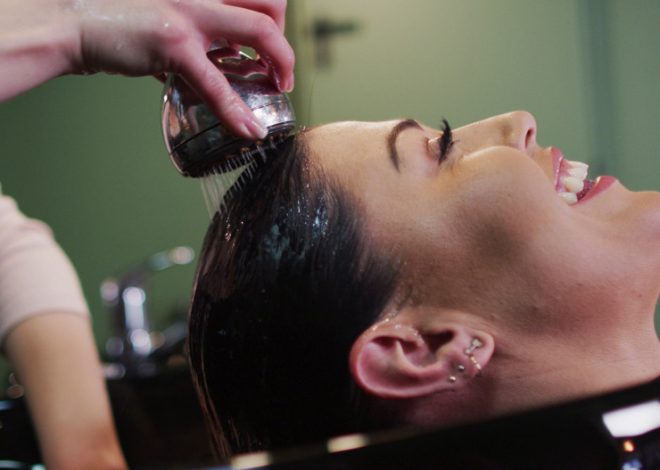
Fact or Fiction? 3 Myths About Sleep Apnea in Serious Need of Busting

 Sleep apnea is a disorder that affects an estimated 18 million Americans, many of whom may not even know that they have the disorder. While diagnosed cases seek treatment with CPAP machines and nasal pillows, those who haven’t been diagnosed may go on believing that there’s nothing wrong.
Sleep apnea is a disorder that affects an estimated 18 million Americans, many of whom may not even know that they have the disorder. While diagnosed cases seek treatment with CPAP machines and nasal pillows, those who haven’t been diagnosed may go on believing that there’s nothing wrong.
Even though this sleep disorder affects millions of Americans, there are some pretty serious myths out there. Medical myths might seem silly, but the truth is that they can really harm someone if they’re taken too seriously. Here are a few common sleep apnea myths that seriously need to be busted.
MYTH: It’s Just Snoring
While snoring can absolutely be a symptom of a sleep disorder, it’s certainly not what apneas are. There’s a big difference between snoring and a sleep disorder. Those actually suffering from a sleep disorder may stop breathing up to 400 times per night. The pauses last a few seconds and are then usually followed by a snorting sound. Not only are these pauses in breathing dangerous, they can seriously mess up your sleep cycle and leave you feeling fatigued often.
MYTH: Only Older People Suffer from Sleep Disorders
It might be nice to think that this is only an issue to worry about when you’re older, but the truth is that it affects people of all ages. Sleep disorders tend to run in families, which means that if one of your relatives or your parents has one, there’s a high likelihood that you’ll suffer from the same disorder in the future. Fortunately, there are treatment options that can help you breathe and sleep soundly through the night. CPAP supplies are incredibly important in the treatment of these disorders.
MYTH: Alcohol Will Help with Sleep
No. Alcohol might make you drowsy because it’s a depressant, but it will certainly not help you sleep. In fact, if you have sleep apnea and rely on alcohol to sleep, the relaxing effects of the substance will actually make it easier for your airways to become blocked.
If you think you or someone you know is suffering from sleep apnea, it’s imperative that you consult with a doctor before taking any further action. Getting all of the facts will keep you safe and healthy.

